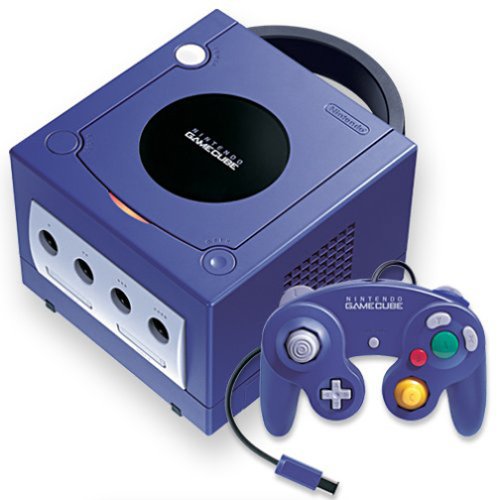Super Mario Bros.' raving success in Japan
| Super Mario Bros. only launched in 1985, but it turned a moderately successful system from 1983 into a hugely successful system. If you study the release dates of all popular third party titles on the NES, you will find that they all came out in 1986 or later. Back then it was possible to develop games in less than one year. It's the phenomenon of Super Mario Bros. that made the NES such a force (6.81m copies sold in Japan, consider how many games reached that number in this country). It was because of SMB that everyone wanted to make games for the NES. |
In fact, Wikipedia strongly supports your claim with sales data:
By the end of 1984 Nintendo had sold over 2.5 million Famicoms in the Japanese market.[6]
What happened with SMB3?
It begs the question, if a game like SMB could move 6M units non-bundled, and lead to a Software phenomenon, what happened with SMB3?
| About SMB3 vs. SM64 specifically, I could say that SMB3 launched on a system that had fierce software competition at the time (you know, all those third party games) while SM64 launched along with Pilotwings 64 and a negligible chess or mahjong game. Wave Race 64, the fourth game N64 game overall, released three (!) months later. Maybe it helped that people basically needed to buy SM64 to give their system a purpose in the first few months of launch. |
I don't buy the competition argument. If SMB was able to revolutionize the Japanese market like that and propel the NES into 20M sales figures at the time, then if SMB3 was a "true" successor (as judged by sales), it should have sold 6M itself.
Moreover, competition was not that strong (though I'm not sure these numbers are accurate). The biggest competitor to SMB3 in Japan was DQIII in 1988. You'd think buyers could offer two games.
Your argument makes much more sense: "A sequel on the same system can't wow gamers with technological marvel anymore while Super Mario 64 was the very first game with vast 3D worlds and appropriate controls, in other words the foundation for all games to come."
Did the bubble burst then? If SMB3 could not sustain SMB sales, what makes you think SM64, as a successor, would?
| But honestly, why do you compare SMB3 and SM64 in the first place? It's such an odd comparison to make due to the time they were released in their respecitve system's lifetime. A sequel on the same system can't wow gamers with technological marvel anymore while Super Mario 64 was the very first game with vast 3D worlds and appropriate controls, in other words the foundation for all games to come. |
A sequel is a sequel. Whether on a new platform or not. The other common point between SMB3 and SM64 is that neither were bundled (the N64 was only in Europe on special bundles I believe).
The Tie Ratio argument
| Regarding the tie ratio argument, please stop it. It's stupid. For example, it makes Super Smash Bros. Brawl look like a huge failure, even though it sold more copies than either the original or Melee. |
@italics, that's just one side of the coin. The other side of the coin says that a smaller userbase leads to less exposure (especially when there is fierce competition on other platforms), which leads to less sales. SMB3 had competition, but on the same system. People didn't have to change consoles to play it.
This argument begs the question, how much of the Mario market had migrated to the PS brand? To play Mario 64, they would have had to buy a 2nd platform. Due to Red Ocean failure 1 with 3rd parties, Nintendo was cut short from making Mario 64 the success it was meant to be. Ie, Playstation stole its limelight.
You look at the data and you say "It sold less because it isn't what consumers wanted". I say "It sold less because it didn't get the light it deserved to become the game consumers wanted from there on out." Since then, the 3D branch never reached maturity and now caps at 12M, if that.





















/Images/1-banner.jpg)




































